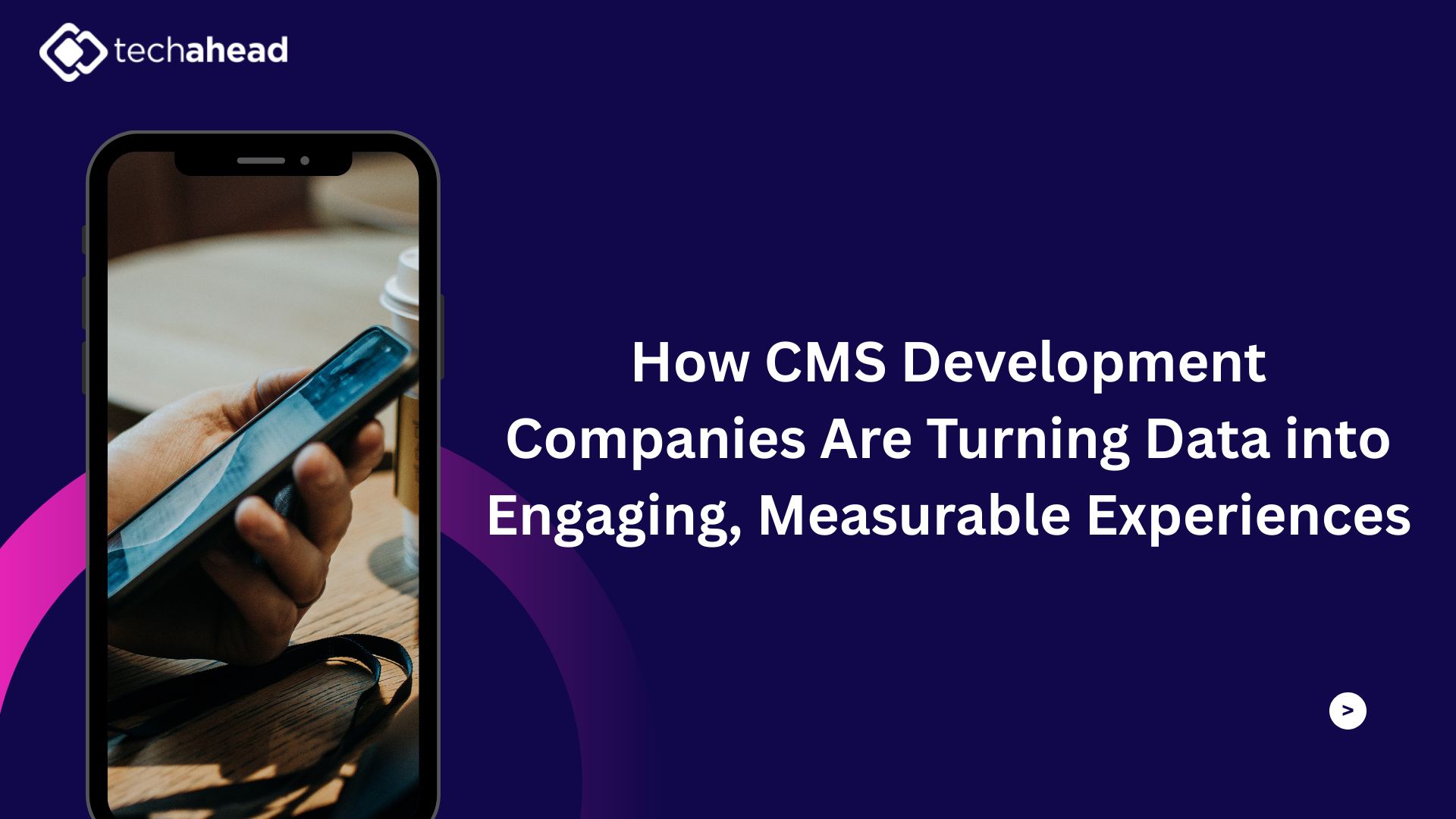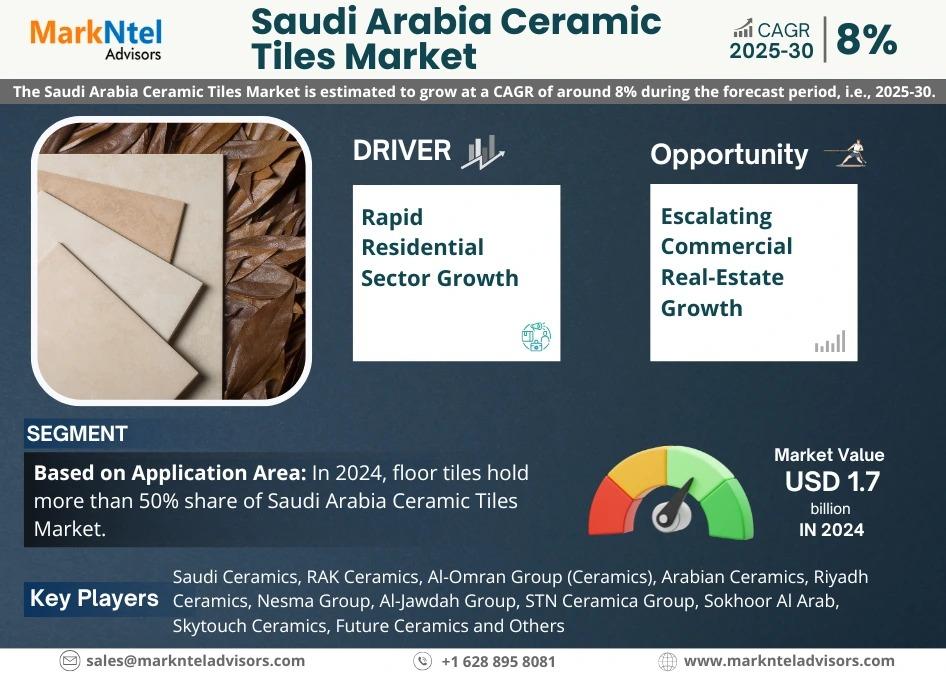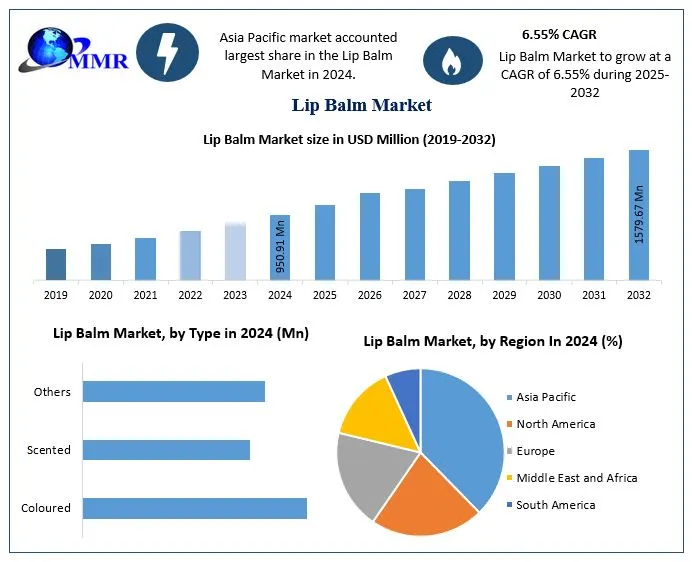How CMS Development Companies Are Turning Data into Engaging, Measurable Experiences

In 2025, content without context is table stakes. What separates leading brands from followers is content that understands customers: where they are in the funnel, what channel they prefer, how quickly they want answers and which micro-messages move them to action. That shift—from content as static pages to content as contextual, measurable experiences—is being driven by specialized CMS Development Companies. These firms combine content architecture, analytics, AI and rigorous governance to turn content into an instrument of growth. This post explains the technologies, practices and measurable outcomes of this transformation, and how organizations can adopt content intelligence without creating chaos.
Why “content intelligence” matters now
Several forces converge to make content intelligence essential:
-
Audiences expect personalized, consistent experiences across channels (web, mobile, in-app, voice).
-
Data and analytics can now reveal micro-patterns in engagement and intent, enabling highly targeted content.
-
Generative and assistive AI accelerate content creation, but without measurement and governance these tools create risk.
-
Business teams need clear ROI from content investments; vanity metrics no longer suffice.
CMS Development Companies help organizations unify content, telemetry and experimentation so every piece of content can be measured and optimized for business outcomes. Many enterprises lean on digital transformation consulting to map these needs to a broader organizational strategy—ensuring that content isn’t siloed but becomes part of a connected customer journey.
The technical foundation: composable architecture + telemetry
Content intelligence rests on a composable architecture where the CMS exposes canonical, structured content via stable APIs. Key platform elements include:
-
Headless CMS to model canonical content types (articles, product descriptions, FAQs) independent of presentation.
-
Event-driven telemetry that captures user interactions (scroll depth, click-throughs, conversions) and feeds analytics pipelines.
-
Personalization engine that matches content variants to audience segments in real time.
-
A/B/n experimentation platform tightly coupled to content delivery so variants can be measured in production.
-
CDN and edge logic to deliver low-latency personalized content at scale.
When these components are integrated by expert CMS Development Companies, content becomes measurable, reusable and improvable. At this stage, many organizations also bring in digital transformation consulting partners to align these technologies with customer experience goals, compliance mandates and long-term scalability.
How CMS Development Companies integrate data into editorial workflows
Technical integration is only half the battle. Leading CMS Development Companies design editorial workflows that make data actionable for content creators:
-
Instrumented content models. Content types include metadata fields for intent tags, target persona, and experiment IDs.
-
Live feedback in the editor. Editors see preview metrics (historical engagement for similar content, suggested keywords, estimated reading time) while drafting.
-
Automated variant generation. AI suggests headlines, summaries or CTAs based on what’s historically worked for similar segments, producing testable variants.
-
Campaign orchestration. Content variants are linked to experimentation flags, rollout logic, and dashboards that report lift in near real time.
By embedding these feedback loops, companies connect editorial creativity with measurable impact. This marriage of creativity and data is precisely where digital transformation consulting helps—ensuring teams embrace cultural change, not just new tools.
Responsible AI: keeping human judgment in the loop
Generative AI can produce rapid drafts, localized versions and multiple CTAs for testing. But without guardrails, AI outputs can drift from brand voice or produce inaccuracies. CMS Development Companies embed controls that include provenance tracking (which parts were AI-generated), approval requirements, and bias checks. The rule is simple: AI accelerates ideation; human editors provide judgment and brand consistency.
Measuring impact: the KPIs that matter
Organizations often default to pageviews or time-on-page. Content intelligence demands more business-aligned metrics:
-
Content-attributed conversion rate
-
Time-to-value for new campaigns
-
Engagement lift by variant
-
Content reuse efficiency
-
Cost-per-conversion for content-driven leads
Tracking these requires linking content IDs to marketing and product analytics, a technical task CMS Development Companies routinely implement.
Governance and security: the non-negotiables
Composable, data-driven content systems increase complexity and risk. Governance must include:
-
Role-based access control (RBAC)
-
Audit trails for changes
-
Content provenance for AI-generated work
-
Data protection and consent controls
-
Third-party vetting for personalization/analytics vendors
This structured governance is where digital transformation consulting complements the technical frameworks of CMS providers—ensuring compliance and cross-functional accountability.
People and culture: building a measurement-first editorial team
Tools alone don’t create content intelligence—teams do. Organizations should:
-
Train editors and marketers on experimentation design.
-
Create cross-functional “content product” teams.
-
Incentivize writing for outcomes rather than vanity metrics.
-
Run regular analytics reviews where content performance informs editorial priorities.
CMS Development Companies can supply the technology, but organizations need cultural buy-in to thrive in this new model.
Conclusion
Content intelligence is not a slogan; it’s a capability that transforms content from a cost center into a measurable growth engine. By combining structured content, telemetry, AI-assisted creation, and disciplined experimentation, CMS Development Companies enable organizations to deliver personalized, fast and effective experiences across channels. If your organization wants to move beyond static pages and build content that understands and converts, TechAhead offers deep experience in CMS modernization, content intelligence and enterprise-grade digital transformation consulting. Partner with TechAhead to design a pragmatic roadmap, implement secure and scalable systems, and start measuring the real business impact of your content.







